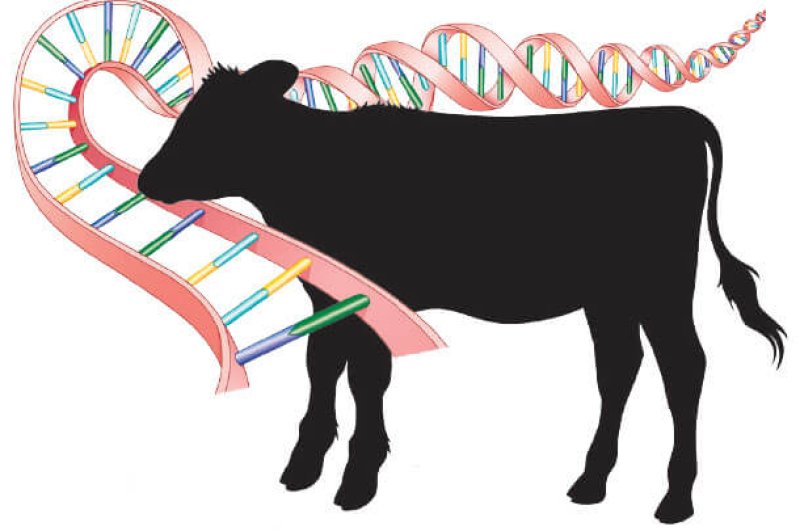The purported birth [in November] of the world’s first gene-edited human babies …. spurred a wave of global outrage …. [T]he development reinforced fears that the redesigning of DNA is moving ahead too fast and without necessary oversight …. The proliferation of similar experiments on farm animals in recent years supports those concerns.
…
Scientists around the world are editing the genes of livestock …. The goals are to improve agricultural productivity, produce hardier beasts and reduce practices that are costly or considered inhumane. But amid some successes, disturbing outcomes are surfacing.
When Chinese researchers deleted a gene that limits muscle growth in mammals so that rabbits would grow leaner, their creations exhibited an unusual characteristic: enlarged tongues. Similar experiments on Chinese pigs led some to develop an additional vertebrae. Gene-edited calves died prematurely in Brazil and New Zealand.
…
“Humans have a very long history of messing around in nature with all kinds of unintended consequences,” said Lisa Moses, an animal bioethicist at Harvard Medical School’s Center for Bioethics. “It’s really hubris of us to assume …. that we can predict what kinds of bad things can happen.”
…
Proponents say they are engineering mutations just as traditional crossbreeding does, only faster. Though no gene-edited animal products have reached markets yet, the potential benefits to farming have led many big agricultural nations to join the race.
Read full, original article: Big Tongues and Extra Vertebrae: The Unintended Consequences of Animal Gene Editing































